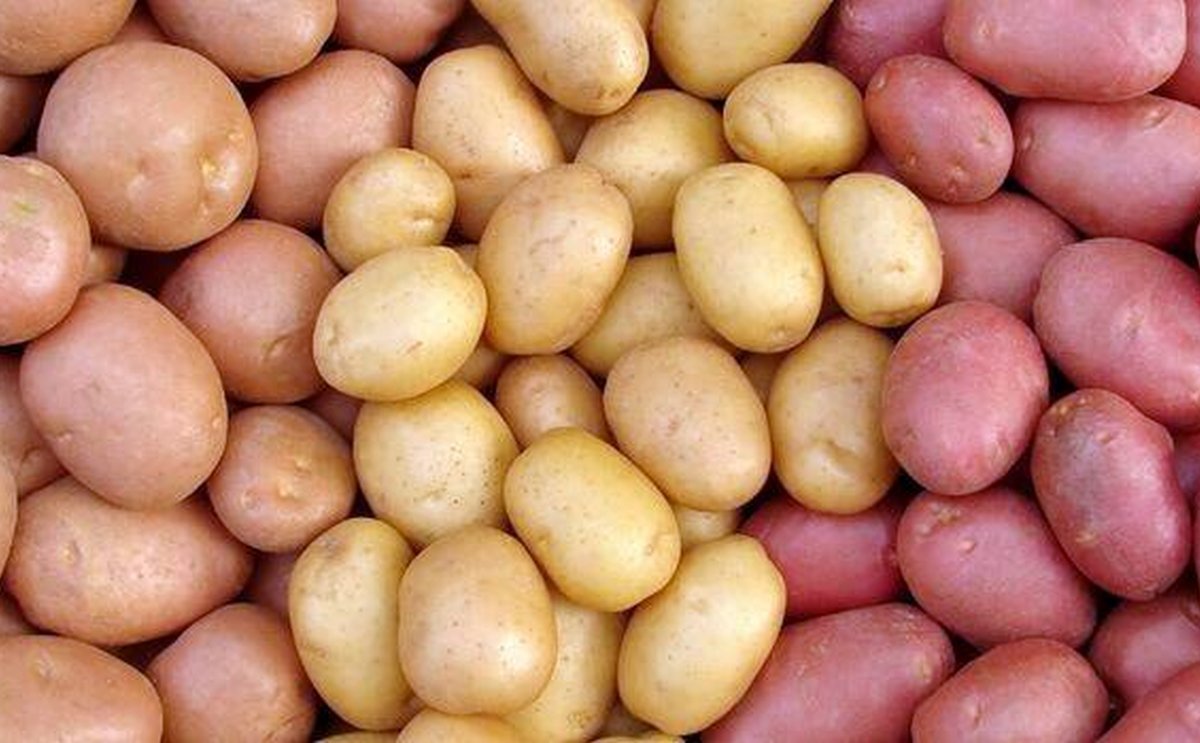



Article by: Hari Yellina
Terry Buckley, a potato farmer on the Limestone Coast, claims that even when the price of other fresh vegetables rises, his produce can still be priced “sensibly.” He claimed that because potatoes were so inexpensive, people were turning to them and that processing businesses needed all the produce they could obtain. All that we can grow is being sold, according to Mr. Buckley. “We could sell more if we could grow more. A lot of potatoes could be cultivated for a fairly reasonable price, he claimed, making them a good product. He said that their usage of water and energy was comparable to that of any type of food crop.
However, Mr. Buckley, who sells product to processors in Australia and on the international market, claimed that producers were being impacted by rising fuel and fertiliser costs. Growers, according to him, were about to reach a price “crossroads.” He claimed that because fewer French fries were being supplied from New Zealand, the Australian market was experiencing supply problems. Mr. Buckley stated that no refrigerated containers had been made available for transport between Australia and New Zealand. “Since they don’t create wedges in New Zealand, they give us back French fries instead. We make all of New Zealand’s wedges. But due to a lack of suitable containers, that commerce has essentially ceased.
According to Mr. Buckley, the price of fertiliser has increased by more than 50%, significantly raising the cost of production for potato growers. “Everyone is aware that fuel prices have increased, and this has had an impact on transportation costs, particularly when it comes to getting our potatoes to the processing factory,” he said. According to Mr. Buckley, the industry faces logistical challenges with international marine freight. We send potatoes internationally, and this year the scarcity of containers has caused us problems, he stated. When [export ships] reach Sydney, they’ll determine there aren’t really enough containers in Melbourne to warrant picking them up, so they’ll turn around and head back up to Asia. “[Export ships are] heading down to Melbourne to pick up some spuds,” the author says. Mr. Buckley expressed the optimism that the growing production costs would soon stabilise.
If the costs are lower, I don’t mind accepting less money, he remarked. We therefore hope that it is all only temporary and will eventually pass, allowing us to return to more logical practises. According to Mr. Buckley, the shortage of supply is what is causing the inflation that is affecting the sector. He remarked, “It’s a curious thing. “This inflation is not what they refer to as demand-driven, which it almost always has been; rather, it is supply-driven. He claimed that the limited supply was forcing individuals to pay extra for the product. That’s not how it usually operates, he added. They’re sort of figuring out how to deal with that, but this situation is different from others.